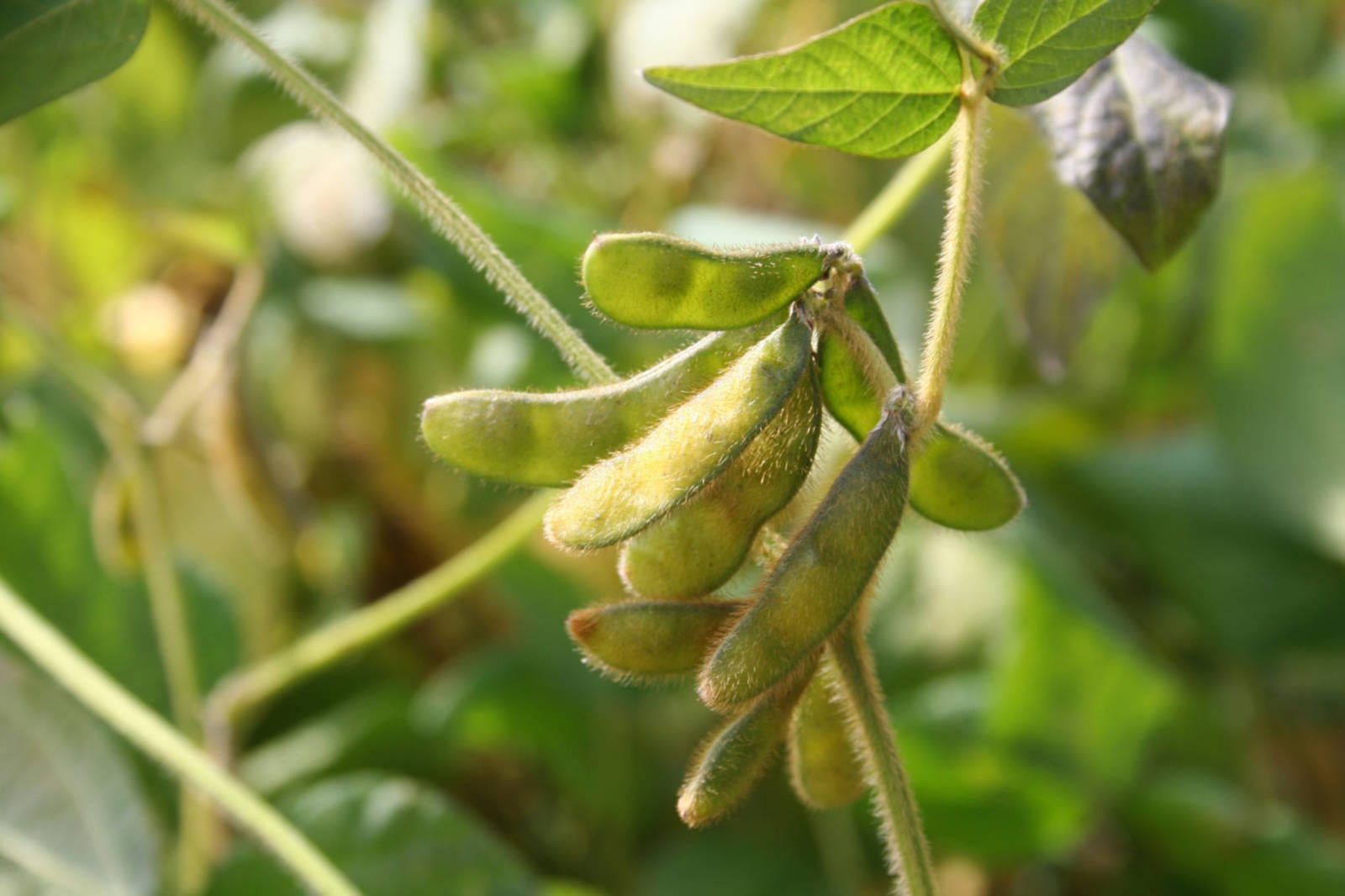According to Bloomberg Environment, the European Commission, the EU’s executive arm, has until February 1 to rule which biofuel feedstocks are deemed to be sustainable. Sustainable feedstocks are described as those that are not the result of forest clearance or other land-use changes. The rule has long-term implications for biofuel policy in the trade bloc, as feedstocks that are said to lead to high levels of indirect land-use change (ILUC) will be limited in their use and will not count towards biofuel targets beyond 2030. The deadline was part of an agreement passed in December that stipulated that members must produce 32 percent of overall energy needs, and 14 percent of transportation fuel, from renewable sources by 2030.
Gernot Klepper, senior researcher and head of environmental and natural resources research at Germany’s Kiel Institute for the World Economy, told Bloomberg Environment that palm oil sourced from southeast Asian countries such as Indonesia and Malaysia is likely to lose a portion of its share in biofuel production in the ruling. There is also some concern from Klepper that soybean oil produced in Brazil and Argentina could also fall under the ruling due to concerns for land-clearing practices.
This is not the first time that palm oil has come under pressure from the EU. Most recently, in mid-January, the French National Assembly passed a bill that will remove palm oil from tax benefits beginning January 1 2020. The bill ended tax advantages benefitting agrofuels and claimed that palm was responsible for prompting ILUC.
U.S. soybean oil exports are expected to be greatest beneficiary of any restrictions on palm oil imports by the European Union. The EU has relied upon soy, rapeseed, sunflower and palm oil feedstocks to help meet growing biofuel mandates, and domestic supplies are expected to be insufficient to meet required levels. The outcome is not clear, however, as past attempts to curb palm and palm-based imports have been met with resistance with cases brought to the World Trade Organization.
.
